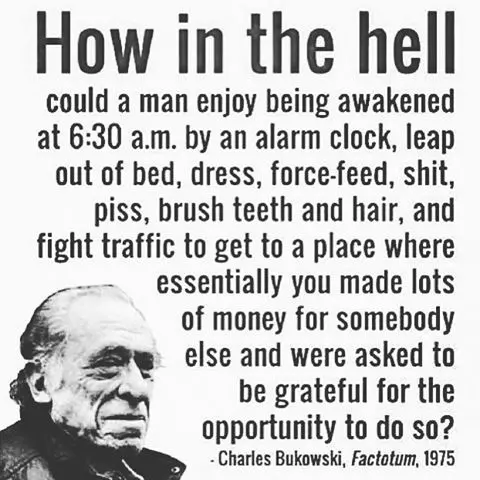Pirated satellite feeds revealing U.S. media personalities’ contempt for their viewers come full circle in Spin. TV out-takes appropriated from network satellite feeds unravel the tightly-spun fabric of television—a system that silences public debate and enforces the exclusion of anyone outside the pack of journalists, politicians, spin doctors, and televangelists who manufacture the news. Spin moves through the L.A. riots and the floating TV talk-show called the 1992 U.S. presidential election.
This tape documents an interesting period of time in the early '90s when people with a satellite dish could receive pre-air non-broadcast feeds. The author captured hundreds of hours of this footage and it is an invaluable look at the way politicians craft media appearances. An extremely valuable tape, both for the general knowledge of media and a specific look at the 1992 presidential race.
Using the 1992 presidential election as his springboard, documentary filmmaker Brian Springer captures the behind-the-scenes maneuverings of politicians and newscasters in the early 1990s. Pat Robertson banters about "homos," Al Gore learns how to avoid abortion questions, George Bush talks to Larry King about halcyon -- all presuming they're off camera.
Composed of 100% unauthorized satellite footage, Spin is a surreal expose of media-constructed reality.
Prizes & Awards
-Sydney Film Festival, Audience Votes Top Five Picks, 1995
-Charlotte Film and Video Festival, Best of the Best Prize, 1995
New York Times Media Critic Stephen Holden called media maker Brian Springer's documentary Spin, "a devastating critique of television's profound manipulativeness in the way it packages the news and politics." Springer's work has received international acclaim and has been broadcast nationally in the U.K. and by over 30 PBS affiliates in the United States.
As a media artist Springer has exhibited collaborative art projects in Europe and the United States in museum and gallery settings. The Disappointment marks his return to theatrical and broadcast venues as a vehicle for his work. He currently lives in California.

They only liked state's rights when it enabled them to hurt others and line their pockets.
Now that the fed is letting them do that, state's rights can be tossed aside until they need it again.